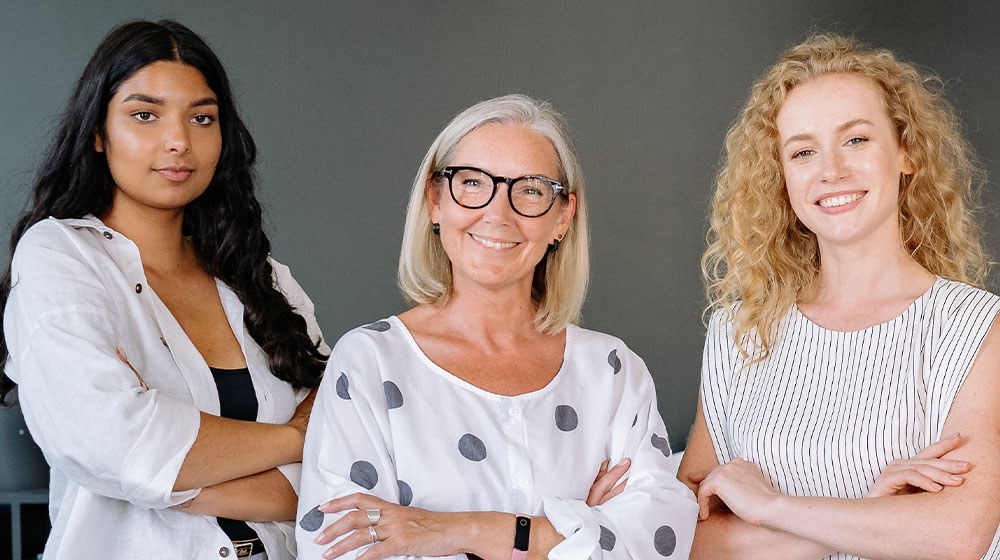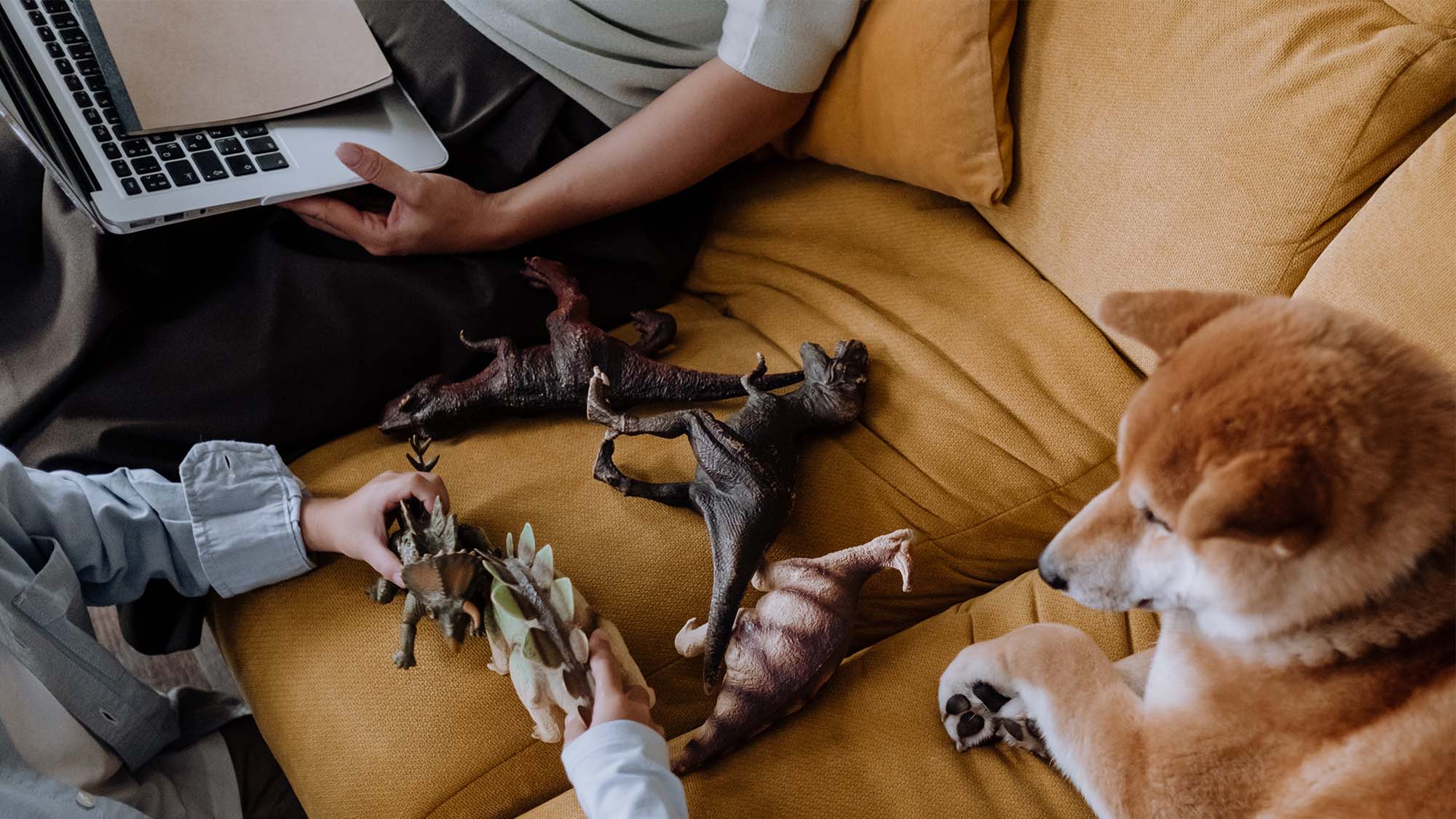Founder vesting: Your startup's safety net
Last updated: 1 October 2024. We’ve all heard that most startups don’t make it in the long run, but the real question is, why not? Running out of...
Manage your equity and shareholders
Share schemes & options
Equity management
Migrate to Vestd
Company valuations
Fundraising
Launch funds, evalute deals & invest
Special Purpose Vehicles (SPV)
Manage your portfolio
Model future scenarios
Powerful tools and five-star support
Employee share schemes
Predictable pricing and no hidden charges
For startups
For scaleups & SMEs
For larger companies
Ideas, insight and tools to help you grow
JD Rockefeller. Henry Ford. Walt Disney. Bill Gates. Steve Jobs. Mark Zuckerberg. Elon Musk. The image of the CEO and founder may be central to capitalist mythology but they are, in fact, very much the exception to the rule.
A Harvard study on startups showed that by the time ventures were three years old, 50% of the founders were no longer CEO. And less than 25% by the time of the IPO.
Now that's not always the consequence of some dramatic falling out. But when co-founder conflict is the cause of 65% of high-potential startups failing, it's certainly a risk you can't ignore.
Here are some of the most iconic (and acrimonious) examples of founders falling out with co-founders, the board, partners and the lessons we can learn.
Ronald Wayne co-founded Apple with Steve Jobs and Steve Wozniak in 1976. Although his responsibilities were primarily admin and documentation, he got itchy feet 12 days in and agreed to sell his 10% for $800. A 10% share that would be worth $300 billion today.
And Steve Jobs himself was part of perhaps the most iconic of all the founder breakups. Notably described as "difficult to work with", Jobs was forced out of his own company, and later rehired when they acquired his startup.
What have we learned? Not to commit unless your heart's really in it. And find a way to work well with others, obviously.
Jack Dorsey launched Twitter in 2006, but by 2008, partners forced him out due to concerns over his management style and communication skills, as much as the crashing servers that blighted the platform.
This is another example where a founder was taken back, acting as CEO from 2015 til he was forced out (again) in 2021.
What have we learned? Effective communication is key and as is a conflict resolution strategy.
Andrew Mason founded Groupon in 2006, seeing revenue reach $800million by 2010.
A $5.3 billion buyout from Google was rejected, but when stock prices plummeted after the IPO, he was forced out, leaving with this statement to his employees:
“After four and a half intense and wonderful years as CEO of Groupon, I’ve decided I’d like to spend more time with my family. Just kidding - I was fired”.
What an announcement! Though if you read Mason's farewell letter in full, you'll see that it's not bitter at all. He recognised the need for new leadership.
What have we learned? Sometimes a change in leadership is necessary to save the business.
In 1999, David Neeleman founded JetBlue, one of the few airlines able to make a profit in the years that followed 9/11. However, after a turbulent few years that included stranded passengers, Neeleman was unceremoniously ousted as CEO in 2007, the following year founding Azul Brazilian airlines.
What have we learned? Whether you provide a product or a service, it's got to be fit for purpose, because if it's not, it might come back to bite you.
Elon Musk is the man most of us associate with Tesla, but its true founder was Mark Eberhard. He served as CEO til 2007, til he was sacked by (chairman at the time) Musk.
However, the private board meeting that led to Eberhard's sacking was later deemed to contravene the company’s bylaws, and he was given the title of President of Technology instead. A position with little responsibility and just as little control.
What have we learned? Know your rights and read the small print on equity agreements, intellectual property assignments - the lot.
Rob Kalin founded Etsy while living alone in his woodshop with his three cats. But Kalin believed that in the pursuit of growth, the company had lost its way and strayed from its core values.
Several times as he struggled, he stepped aside of his own accord, until the struggle to scale the business led to his firing in 2011, replaced by CTO and co-founder, Chad Dickerson (who has since also stepped down).
What have we learned? Establish core values that feed into every area of the business. And remember that the 'ideas person' shouldn't necessarily be the one steering the ship...
Aubrey McClendon the founder of Chesapeake Energy, was once the highest paid CEO of the S&P 500, bringing in 20%+ returns over 20 years.
That didn’t stop a shareholder revolt at McClendon's proposed direction for the company forcing him to resign as chairman in 2012, and then as CEO in 2013, after allegations of unethical business practices.
What've we learned? Play by the book.
Before Zipcar became a successful business, the founders Antje Danielsen and Robin Chase agreed on a 50/50 split of the company. A decision that led to “a huge amount of angst". Danielsen was forced out but maintained half the shares of the company she was no longer involved with.
What've we learned? Don't make a quick handshake decision especially when it comes to company ownership.
Conflicts are inevitable and have the potential to cause huge disruption to a company, at whatever stage of its development they happen.
But a conflict doesn't have to be the end of what otherwise could be the perfect partnership. Here are our top tips to keep things sweet.
Let's not forget that running a business isn't easy, so having others by your side can be hugely beneficial. The challenge is finding the right people.
And there are steps you can take to protect yourself and the business. Why not get a founder prenup? Or what we call Agile Partnerships - flexible equity agreements that depend on those involved hitting certain milestones.

Last updated: 1 October 2024. We’ve all heard that most startups don’t make it in the long run, but the real question is, why not? Running out of...

Last updated: 5 August 2024. Co-founder conflict can be fatal - to startup success that is. As our founder and CEO, Ifty Nasir told Sifted:

You have a dream - you have a great idea for a startup and you want to jump straight in and make it work. I admire your drive.